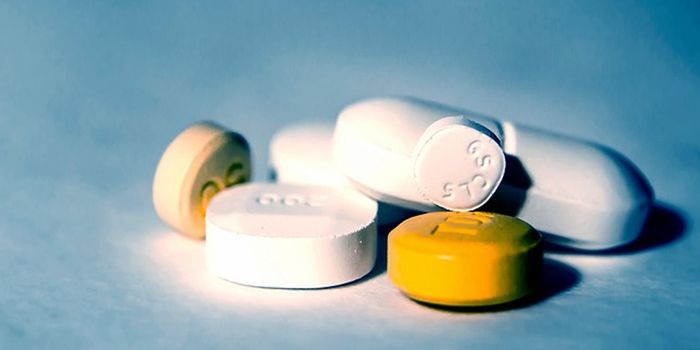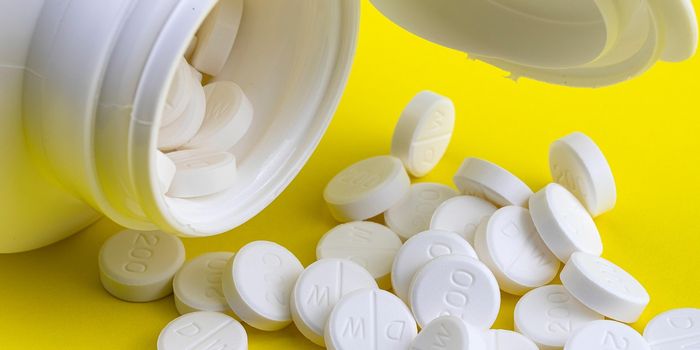For the Sake of Your Arteries, Eat More Bananas
When your muscles feel stiff - if you’ve just woken up or you’re sore from exercise - it’s difficult to move around as loosely as you normally do. Arteries can stiffen in a similar way, but the consequences are much more serious: heart disease and death.
In a new study from the University of Alabama at Birmingham, scientists illustrate the importance of potassium in helping arteries stay healthy and flexible. Potassium is a mineral found in bananas, avocados, leafy greens, and root vegetables. Using a series of models from the organism level to the cellular level, UAB researchers show just how dangerous it can be when dietary potassium hits rock bottom.
According to the Dietary Guidelines for Americans 2015-2020, adults and adolescents should be taking in 4700 milligrams of potassium every day. For perspective, that is about 11 bananas or 6.6 avocados, but the easiest (and healthiest) way to achieve any daily recommended amount of a nutrient would be to eat a variety of fruits and vegetables.
For people who consume much less potassium than is recommended, the risk of pathogenic vascular calcification is a lot higher than it is for people who eat more potassium-rich foods. Vascular calcification, the process of calcium aggregating in major arteries, leads to hardening of the arteries that makes it more difficult for them to stretch in response to increasing blood pressure. With arteries less able to expand and deflate as blood flows through the blood vessels, the heart has to work harder to pump enough blood to the body’s organs. When the heart is overworked, congestive heart failure can develop.
Thus, low dietary potassium is predictive of heart disease, the leading cause of death worldwide.
For the first time in a mice model, UAB scientists, led by Yabing Chen, PhD, clearly demonstrated how low dietary potassium leads to aortic stiffness and arterial hardening. This is compared to healthy dietary potassium levels, which are subsequently linked to dwindling levels of hardening and stiffness. With this relationship so definitively exhibited, Chen hopes that increasing amounts of dietary potassium could be a preventative tool to ward off heart disease and that her research could lead to potential therapy targets.
"The findings have important translational potential," confirmed co-author Paul Sanders, MD. "Since they demonstrate the benefit of adequate potassium supplementation on prevention of vascular calcification in atherosclerosis-prone mice, and the adverse effect of low potassium intake."
About the study
Chen and her team worked with live mice, mouse artery cross-sections, and mouse vascular smooth muscle cells. Mice fed low amounts of dietary potassium were prone to arterial hardening and aortic stiffness, while the mice on a high-potassium diet were virtually immune to both conditions. Cross-sections exposed to similar levels of potassium showed similar results.
The present study was published in JCI Insight.
Sources: Circulation, University of Alabama at Birmingham, Health.gov, MedlinePlus.gov









